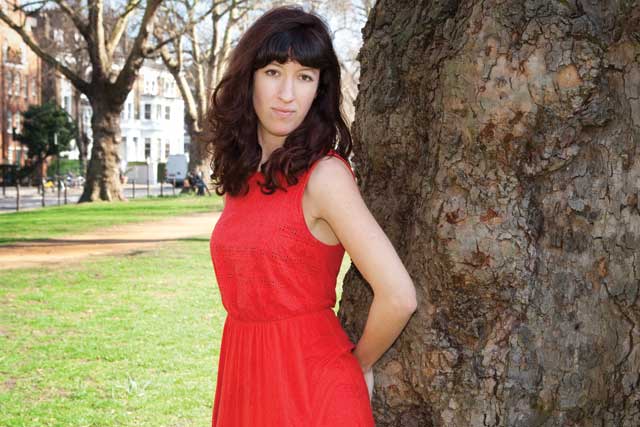You know what I'm going to discuss next, don't you? Yes, that's right. It's amazing how quickly Pavlovian conditioning can take hold of the individual or public consciousness. Just weeks ago, most of us only associated the three piglets with childhood, when it was acceptable for another human being to huff and puff in our faces; and now, we associate the tale with the digital journey of one of the country's best, yet vulnerable, printed newspapers. Such is the power of memorable advertising.
What a shame, then, that this advertising, which not only happens to be memorable but is also the first major brand-led TV ad for The Guardian in 25 years, has not been created to herald a truly new era of the newspaper. An era in which its online content is valued by its editors and commercial team to the point that they will ask the reader to pay for it. When I saw the ad for the first time, I nearly punched my fist in the air. Alan Rusbridger's finally done it, I thought. I had presumed that this championing of the best-quality, immediate journalism went hand in hand with an announcement that, yes, you freeloaders (myself included), from now on you have to pay for this valuable stuff.
Sadly, that wasn't the case and, as far as we can all tell, The Guardian will continue to haemorrhage money so long as Rusbridger refuses to be drawn on his imaginary future solution to his brand's commercial woes. Yes, the paper has potential monetary viability in its nascent smartphone and tablet apps, but as WCRS's Leon Jaume pointed out in our Private View last week, who would pay for the paper or, indeed, the apps when you can get everything (even my favourite, the Weekend magazine) online for free?
It is interesting that, at the same time, the BBC director-general, Mark Thompson, has finally spoken out about the BBC's place among the commercially troubled ecosystem of online news. In his address to the Royal Television Society last week, he acknowledged that the BBC needed to "think carefully about its boundaries, especially in digital environments, given the scale of the challenge facing our colleagues in print".
And while ZenithOptimedia's latest ad forecast for 2012 has been revised down, with advertising in both newspapers and magazines predicted to shrink by 1 per cent a year between 2011 and 2014, there is no better time for publishers to sort out their digital strategy once and for all. It seems crazy that the media industry is still having this conversation. Good-quality journalism at scale doesn't come for free, no more than decent clothes on your back or hot food in your belly. And, as an advertiser, I would want to be where the best content is. Wouldn't you?
katherine.levy@haymarket.com


